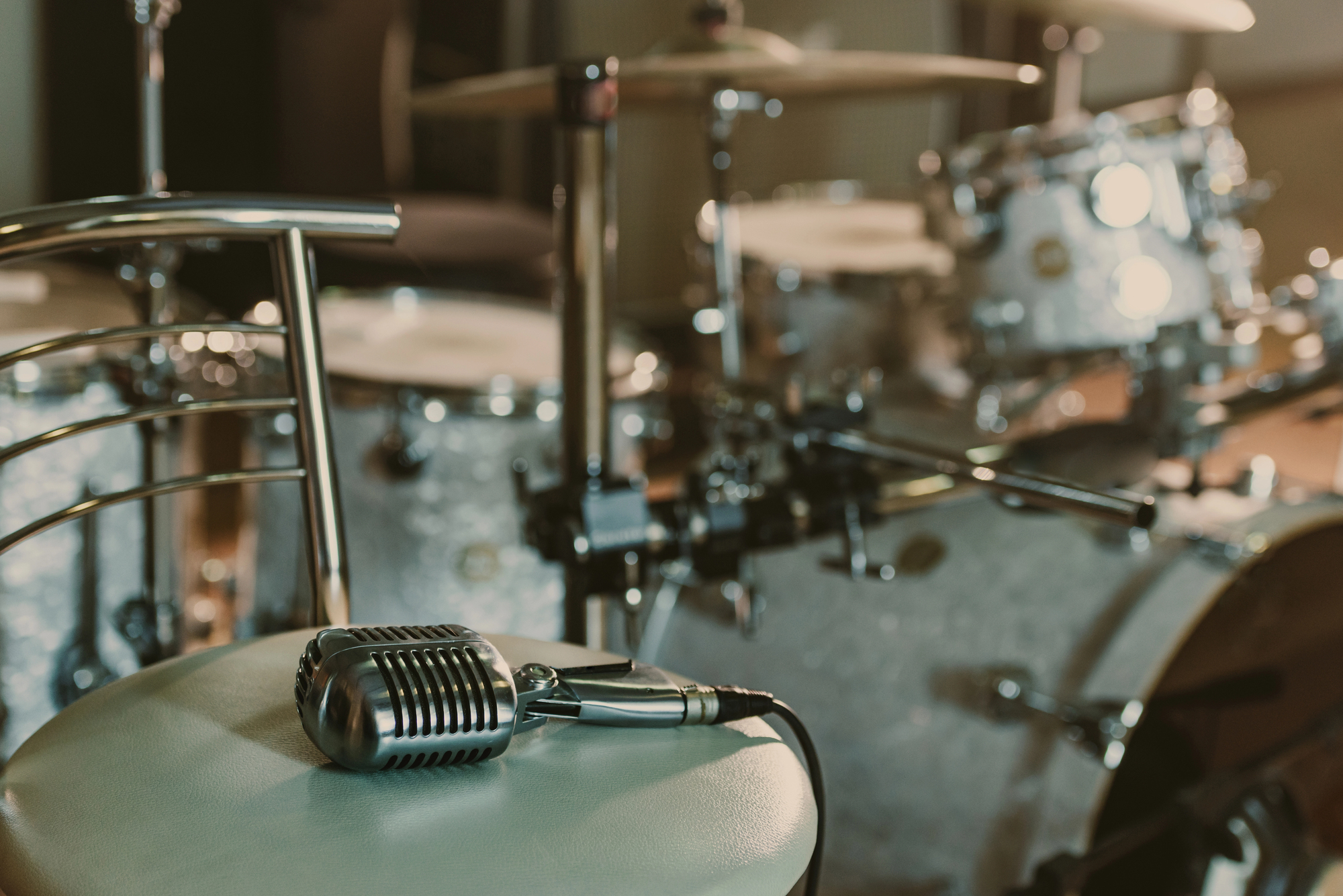Understanding Voting Behaviour in Music Polls: What Bettors Should Know

Music polls, from televised singing competitions to online awards, have become a popular sphere for betting. The thrill of predicting the next chart-topper or award winner draws in countless enthusiasts. However, successful betting in this arena requires more than just a good ear for music; it demands an understanding of the complex dynamics that drive voting behaviour. Here are the various factors that influence how audiences vote in music polls, offering insights for bettors looking to make more informed decisions.
The Psychology of Voting
Voting in music polls is not always a purely objective assessment of talent or song quality. Psychological factors play a significant role in shaping voter preferences. One such factor is the order effect, where the sequence in which contestants perform can influence evaluations. Performers appearing later in the lineup may have a slight advantage due to the recency effect, meaning they are more memorable to voters. Conversely, an exceptionally strong early performance can set a high bar, influencing the perception of subsequent acts.
Emotional connection also sways voters. Music has a powerful ability to evoke emotions, and songs or artists that resonate with an audience on a personal level are more likely to garner votes. This connection can be built through an artist’s story, their stage presence, or the lyrical content of their song. Bettors should consider not just the technical skill of a performer but also their ability to connect with the audience emotionally.
Social Media and Fan Communities
Social media platforms and online fan communities wield immense influence over music poll outcomes. Artists can now directly engage with their fanbase, building a sense of community and loyalty that translates into votes. Platforms like Instagram, TikTok, and X (formerly Twitter) have become crucial for music discovery and promotion, allowing artists to showcase their work and interact with fans in real-time.
Fan armies, often highly organized and dedicated, can mobilize significant voting blocs. Their collective efforts in promoting their favourite artists and coordinating voting strategies can dramatically impact poll results. Bettors should monitor social media trends, fan engagement levels, and the online buzz surrounding contestants. The size and activity of an artist’s online following can be a strong indicator of their potential voting power. Influencers also play a role by promoting music authentically to their followers and building communities around specific artists or songs.
Demographic Divides: Who is Voting and Why?
Demographic factors, including age, location, and cultural background, can also shape voting patterns in music polls. For instance, younger audiences, who are often more active on social media, may heavily influence online polls. There are even suggestions of correlations between musical taste and political leanings, indicating deeper cultural alignments that might affect voting preferences in broader contexts.
Some initiatives aim to leverage artists’ fan demographics to increase voter turnout in general elections by identifying which artists have the largest civic impact in specific locations. While not directly about music poll betting, this highlights the understanding of how artist popularity aligns with demographic groups. Bettors should consider the target audience of the music poll and the demographics of the artists involved. An artist whose style and appeal resonate strongly with a large and active voting demographic may have a distinct advantage. Some award-giving bodies, for example, have been working to diversify their voting membership, which could influence future outcomes.
Media Narratives and Artist Popularity
Media narratives surrounding artists and songs can significantly influence public perception and, consequently, voting behaviour. A compelling backstory, a “comeback kid” narrative, or even a well-publicized rivalry can capture public interest and generate support for an artist. The way music is used in media, such as in films or video games, also shapes its emotional impact and narrative association.
Artist popularity, built over time through consistent releases, touring, and media presence, also plays a crucial role. Established artists often have a larger and more loyal fanbase to draw upon. However, breakout stars with a fresh and exciting narrative can sometimes upset more established names, especially if they capture the zeitgeist. Bettors should pay attention to media coverage, the stories being told about the contestants, and their overall public image. The narrative power of music videos can also significantly affect the audience’s emotional connection and interpretation of a song.
Betting on music polls offers a unique and engaging experience. A strategic approach, grounded in thorough research and an awareness of these dynamic forces, is key to making more informed and potentially rewarding bets in the ever-evolving world of music polls.






